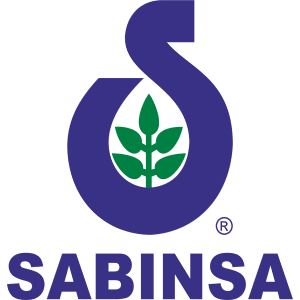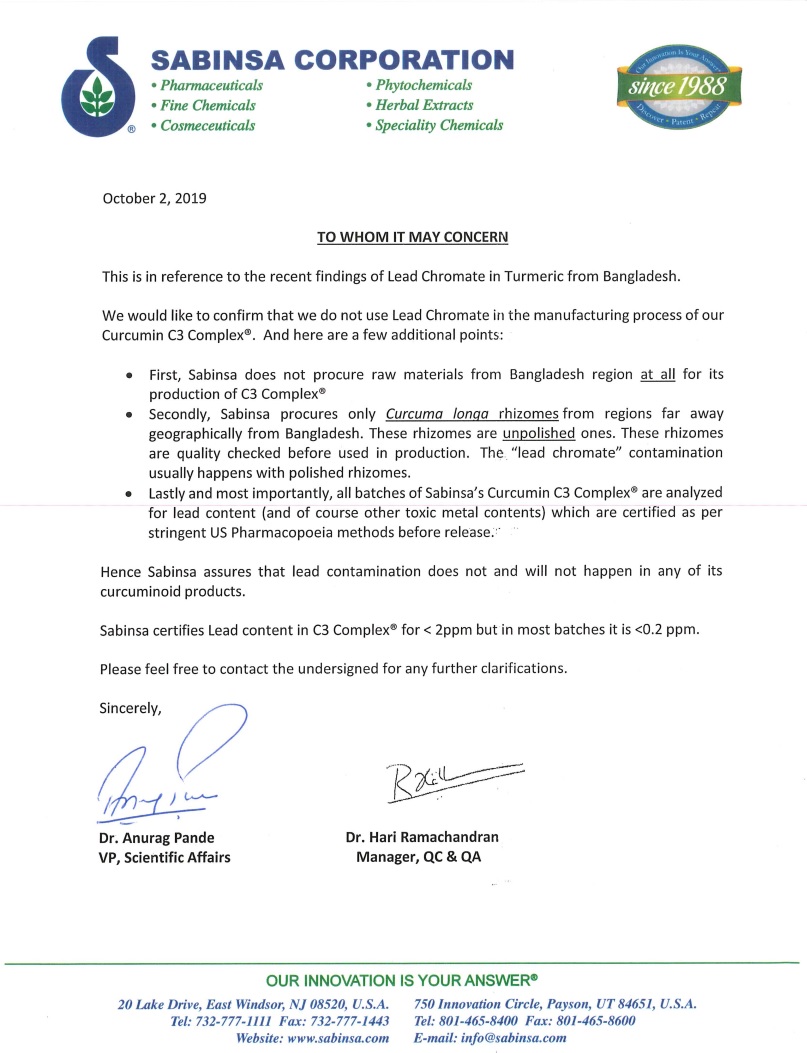Methylselenocysteine is a selenoamino acid found naturally in vegetables such as garlic and broccoli. It is a bioavailable and safe form of the essential trace mineral nutrient, selenium. Selenium in the form of Selenocysteine is an essential component of antioxidant enzymes such as glutathione peroxidase and is also found in several proteins in the body.
Antioxidant enzymes containing selenium, protect cells against oxidative damage. Studies in animal models have shown that Methylselenocysteine is effective in cancer chemoprevention. The mechanism of action of methylselenocysteine in these models, is believed to be through the generation of monomethylated selenium species by endogenous enzymes. These in turn generate superoxide and induce apoptosis (programmed cell death) by the inhibition of proliferation of cancer cell. Methylselenocysteine is not incorporated into body proteins, making it completely bioavailable for chemoprevention, and the synthesis of selenium-containing enzymes such as glutathione peroxidase.
Selenium is an essential micronutrient for the well being of humans. Inadequate selenium intake results in deficiency leading to a variety of disease conditions. Selenium is present naturally in several plant and animal foods. Brazil nuts, walnuts, grains, meat and seafood are good sources of selenium. Dietary exposure from these sources varies with geographical location, depending upon the selenium content in the soil. Situations where adequate amounts of selenium cannot be obtained from natural resources warrant the use of selenium supplements.
Research reveals that a monomethylated selenium metabolite is needed for the chemopreventive benefits of selenium compounds. A recent study hypothesizes that gamma-glutamylmethylselenocysteine found in high selenium garlic, serves primarily as a carrier of Methylselenocysteine, which has been demonstrated to be a potent cancer chemopreventive agent in animal carcinogenesis bioassays.
Methylselenocysteine is therefore potentially useful in preventive health maintenance. The immunological role of selenium is well documented. Additionally, adequate selenium nutrition offers a line of defense against viral infections and chronic diseases as well. Methylselenocysteine in light of its bioavailability and natural occurrence in food sources, is an efficacious selenium supplement.
Patents describing processes for the novel synthesis of MSC, are pending.
- Cronin, J.R. (2000) Alt. Complement.Therap. 6(6):342-346; Ip,C. et al.(2000) Cancer Res. 60(11):2882-2886;
- Ip,C. and Lisk (1994) Carcinoge nesis 15(9):1881-1885;Medina, D. et al.(2001) Nutrition and Cancer 40(1):12-17.








